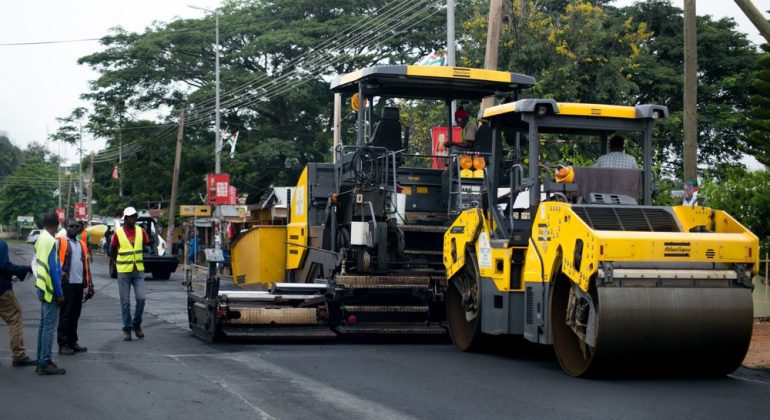Ghana’s Road Construction: Challenges and Opportunities
Ghana’s infrastructure development cannot be completed without the construction of roads. Ghana has a 109,515 km total road network, although many of them are in disrepair, impeding development and economic progress. Here are some of the difficulties and possibilities associated with building roads in Ghana.
Challenges:
Insufficient financing is one of the biggest obstacles to building roads in Ghana. The government’s insufficient funding for road infrastructure investments causes delays in road building and maintenance.
Bad road conditions: Ghana’s roads are often in bad shape, making travel challenging and expensive. Increased traffic accidents, which can result in loss of life and property, are also a result of poor road conditions.
Opportunities:
Economic expansion: Ghana’s road construction program offers a chance for economic expansion. The nation can expand trade and commerce, luring investors and generating jobs, by enhancing its road infrastructure.
Public-private partnerships (PPPs): In Ghana, PPPs can be a useful method of financing road construction. PPPs offer a framework for accountability and transparency while also leveraging private sector financing and expertise.
Technology and innovation: These two factors could help Ghana build better roads. Innovative construction methods can cut costs and accelerate project schedules, while digital tools like Geographic Information Systems (GIS) and Building Information Modeling (BIM) can aid in project planning and design.
In conclusion, there are possibilities and problems associated with road construction in Ghana. Ghana can build its economy and improve its road system by tackling the issues of insufficient funding, bad road conditions, and corruption, and by taking use of opportunities presented by economic growth, PPPs, technology, and innovation.




